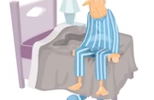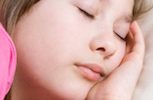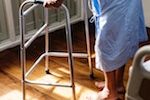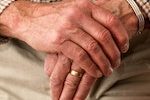
When adults wet the bed it is often an indication of an underlying illness, disease, or a symptom of other untreated medical conditions.

When adults wet the bed it is often an indication of an underlying illness, disease, or a symptom of other untreated medical conditions.

It’s more common in older people, but kids and teens can have sleep apnea too.

In addition to affecting sleep itself, many medical and mental health conditions can be worsened by sleep-related problems.

Since the publication of the initial position statement by the American Academy of Sleep Medicine (AASM) in 1995, the clinical use of oral appliances (OAs) for the treatment of snoring and obstructive sleep apnea (OSA) has markedly increased.

Dr. Grover suggests having a high suspicion of sleep apnea if patients with predisposing factors present with any of the following five ocular conditions.

Does OSA worsen mental illness? Does mental illness worsen sleep apnea?

Although the sleep apnea risks identified in college-age linemen are not as high as those previously identified in older players, the findings suggest higher future risks and the need to consider the potential outcomes of college training, specifically for linemen who stop conditioning training after their football career.

A study of patients with obstructive sleep apnea (OSA) suggests that non-adherence to continuous positive airway pressure (CPAP) therapy is significantly associated with increased 30-day hospital readmissions.

They found that people with sleep apnea tended to develop memory problems and other signs of mild cognitive impairment (MCI) earlier than people without such sleep disorders.

Poor sleep and sleep apnea have also been linked to forgetfulness and memory problems. But this is the first study to document sleep apnea using medical monitoring and to study its effects on the brain and cognition over time.